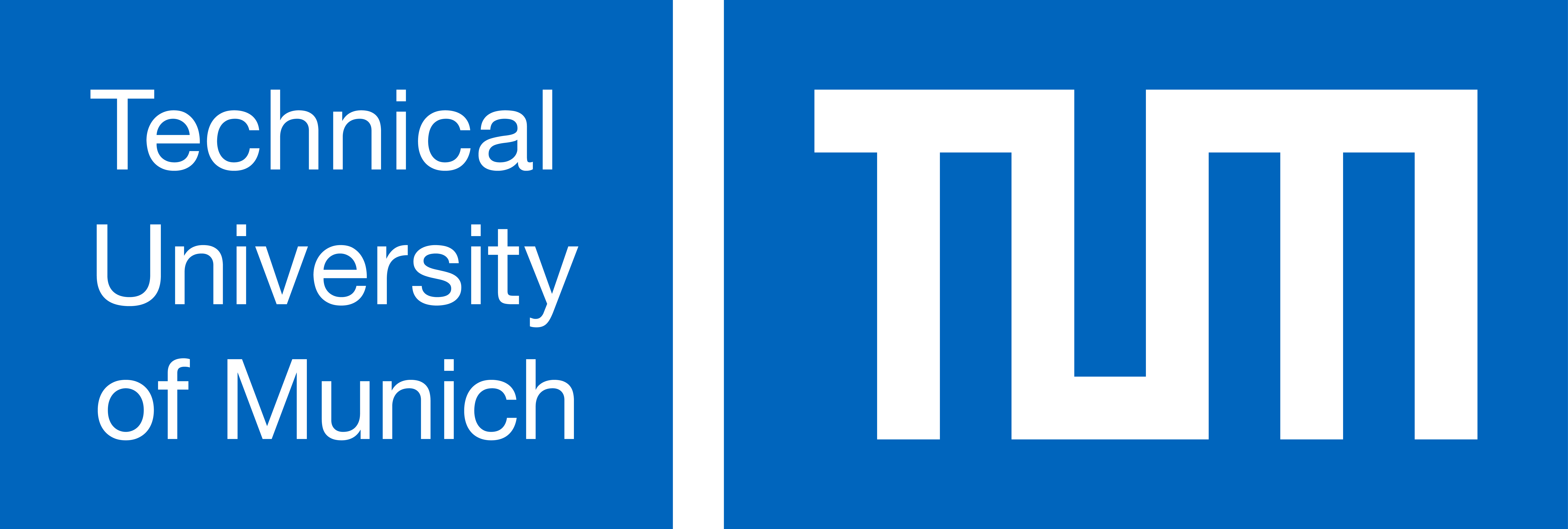About this course
Urban areas are major drivers of global environmental change, habitat degradation, changes in biodiversity, and the loss of vegetation biomass. These and many other factors emphasize the necessity to understand and examine how urbanization affects the interactions between humans, greenspaces, wildlife and the built environment. Furthermore, it opens questions around the possibilities for urban habitats and landscapes to support the enhancement of biodiversity, energy conservation, food security, public health and well-being.
This module explores the ecology and planning of urban areas and landscapes. We will discuss advanced concepts in urban ecology including: altered dispersal and colonization dynamics of urban plant and animal communities; effects of environmental stressors on plant and animal traits and their interactions; soil and substrate heterogeneity in community dynamics, ecosystem structure and function; water and energy flows in urban food production; changes in cultural ecosystem services and human values; and the spatial analysis of dynamic urban land use. The students will utilize methodological approaches in urban ecology research including collecting and analyzing biodiversity data, structure and functions of greenspaces data, analyzing remotely sensed spatial data, and harnessing citizen science and social media data.
We will emphasize the importance of understanding and analyzing how dynamic ecological and social forces shape urban ecosystems and the provision of ecosystem services. The module will benefit students interested in urban ecology and conservation science, and those interested in urban planning and urban environmental management.
Learning outcomes
On successful completion of the module, students are able to:
- conceptually understand urban ecosystem dynamics, specifically the changes and the processes that underly ecosystem dynamics;
- critically analyze the effects of environmental disturbances on urban ecosystem energy and nutrient flows, biodiversity, regeneration processes and the potential to deliver ecosystem services;
- apply methods in the field and lab to measure and evaluate processes within terrestrial and aquatic urban systems, but also within social systems to analyze human perceptions and values underlying cultural services;
- communicate critical insights into the potential consequences of ecological engineering strategies applied to managing different urban ecosystems and landscapes;
- develop a research proposal to investigate novel questions in urban ecology and urban planning.
Examination
The module assessment is based on participation in group discussions, written critical reflections, and practical work assignments that demonstrate conceptual and applied understanding of course goals.
In addition, there is the possibility to submit a voluntary Mid-Term-Assessment (after APSO §6, Abs.5). For this assessment, students submit exercises, consisting of 3 assignments that were completed through the weekly exercises (e.g. data collection or analysis activity). Students should submit this on Moodle. By pasing this coursework students can improve their module grade up to 0,3. For the Mid-Term-Assessment, no repetition date is offered. In case of a repetition of the module examination, a previously completed Mid-Term-Assessment will be taken into account.
The examination performance is given in the form of a research paper. The research paper will include a written research proposal (3-5 pages; 80% of grade) complemented by an oral presentation (15 min. + 5 min. discussion; 20% of grade). In the research proposal, each student will develop a research question, hypothesis(es), and experimental protocol to answer their question. Students should situate their research proposal in a theoretical framework, and propose fitting methods to examine their research question. Students will search for and synthesize relevant literature to justify their experimental choices. The final written research proposal will be the culmination of this project and will take the form of a research grant proposal. Students will comply with the same proposal guidelines and rules that graduate (PhD) students must follow when they apply for funding from e.g., Deutsche Bundesstiftung Umwelt (https://www.dbu.de/stipendien_promotion). Written summaries measure each student’s understanding and evaluation of environmental/ecological and social concepts, and ability to apply theoretical frameworks and appropriate methods. In the presentation, the students present their research proposal (PowerPoint plus any additional aides) to demonstrate understanding of a research gap in urban ecosystems, communicative competence, presentation and discussion skills in front of an audience.
Tuesdays 13:00 in U1
Course requirements
Basic knowledge in ecology and landscape ecology; beneficial to have completed the module(s) “Urban Ecology” WZ6407.
Resources
- Barbosa, P. 2020. Urban ecology: its nature and challenges. CAB International, Boston, MA. Brown, R. D. and Gillespie, T. J., 1995. Microclimatic Landscape Design: Creating Thermal Comfort and Energy Efficiency. John Wiley & Sons. Carreiro, M M., Song, Yong-Chang and Wu, J. (eds.), (2008). Ecology, Planning and Management of Urban Forests. Springer: New York. Craul, P. J., 1999. Urban Soils – Applications and Practices. John Wiley & Sons. Ferrini, F., Konijnendijk van den Bosch, C., & Fini, A. (Eds.), (2017). Routledge handbook of urban forestry. London: Routledge.
Activities
The interactive module comprises a seminar (S) and an exercise (UE) / excursion (EX) to best combine lectures, case study analyses, group discussions, and presentations from guests and peers. The seminars will cover advanced concepts in lecture PowerPoint presentations but also through paper discussions and group work (3-5 students) on a range of topics (see above). Paired with a weekly topic, the exercises/excursions cover research methods that are based in experiential learning with foreseen excursions to field sites in Munich as well as laboratory work at TUM-WZW. Through field excursions and lab practical work, students will collect and analyze data to gain important methodological skills in conducting urban ecosystem and planning research.
Additional information
- More infoCourse page on website of Technical University of Munich
- Contact a coordinator
- About studying within the Euroteq alliancehttps://euroteq.eurotech-universities.eu/initiatives/building-a-european-campus/course-catalogue/
- LevelMaster
- Contact hours per week0
- InstructorsStephan Pauleit
